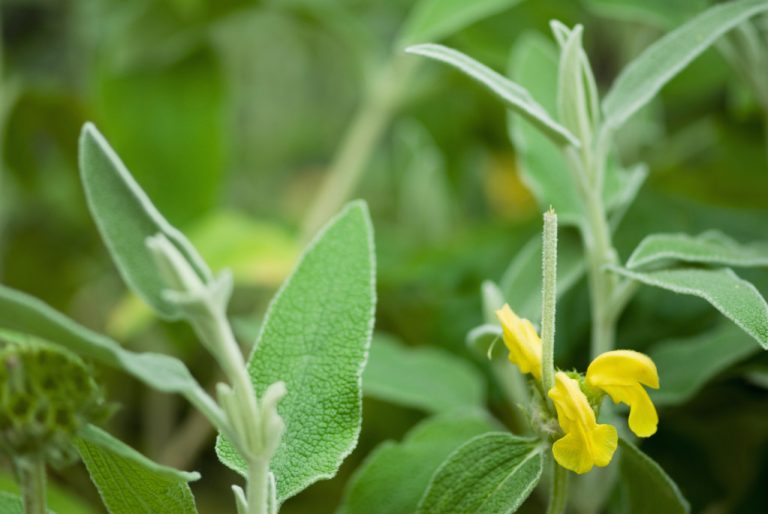Italian herbs should not be missing in any kitchen: Whether fresh or dried, they give Mediterranean dishes the finishing touch. We’ll show you five strains you should know about.
Herbs and spices should be readily available in every pantry. They give your food that certain something and allow you to experiment with flavors. Italian herbs are also particularly popular in this country. We show you the five most important things you should always have at home.

Basil: The royal herb among the Italian herbs
Basil is probably the first thing that comes to mind when it comes to Italian herbs. And rightly so: the strong, aromatic taste is immediately reminiscent of Italy. There, the green herb refines a variety of traditional dishes, for example classic caprese, fresh basil pesto or pizza margherita. You can use basil for salads and dips or season fish and meat dishes with it. And if you want to try something new: even in lemonades and cocktails, the most well-known of the Italian herbs cuts a fine figure.
By the way: Basil is very healthy because it contains essential oils and vitamins A and C.
Rosemary: For fish, meat and potatoes
Rosemary is one of the most popular Italian herbs. The term originally comes from Latin and means something like “dew of the sea”. The herb owes its name to the place where it thrives – the coasts of the Mediterranean. You can use rosemary both fresh and dried in the kitchen. In Italy, the herb is mainly combined with meat and fish, but vegetarians and vegans can also take advantage of rosemary. For example, try rosemary potatoes or season vegetable dishes with them.
Already knew? Rosemary is said to stimulate circulation and help with flatulence and indigestion.
Oregano: Southern Italy’s favorite
Let’s continue with oregano! The spice is particularly popular in southern Italy and a real all-rounder among Italian herbs. What would a pizza sauce be without oregano? But the Mediterranean plant is also often used in meat, fish and vegetable dishes.
Incidentally, a close relative of oregano in German cuisine is marjoram – which is why it is also known as “wild marjoram”.
Tip: By the way, dried oregano is much spicier than fresh. Therefore, you should always be careful with the dosage.
Thyme: Versatile medicinal and aromatic herb
With its spicy-sweet note, thyme refines soups, sauces, stews and meat dishes. The taste of this herb also goes well with a vegetable pan, for example with aubergine and potatoes. Fish dishes go particularly well with lemon thyme.
Important: For the sake of the animals and the environment, you should largely avoid fish and meat. If it does end up on the plate, make sure it is organic.
Sage: Versatile

Everyone knows the characteristic scent of sage. Like most Italian herbs, it can be used in many ways, for example with grilled food or in soups. You can serve delicious sage butter with homemade gnocchi. The common sage you will find in this country is the real sage.
By the way: sage is said to make high-fat foods more digestible.
Sage is not only popular in the kitchen, but also in the fight against colds and gastrointestinal problems – for example in the form of sage tea.

